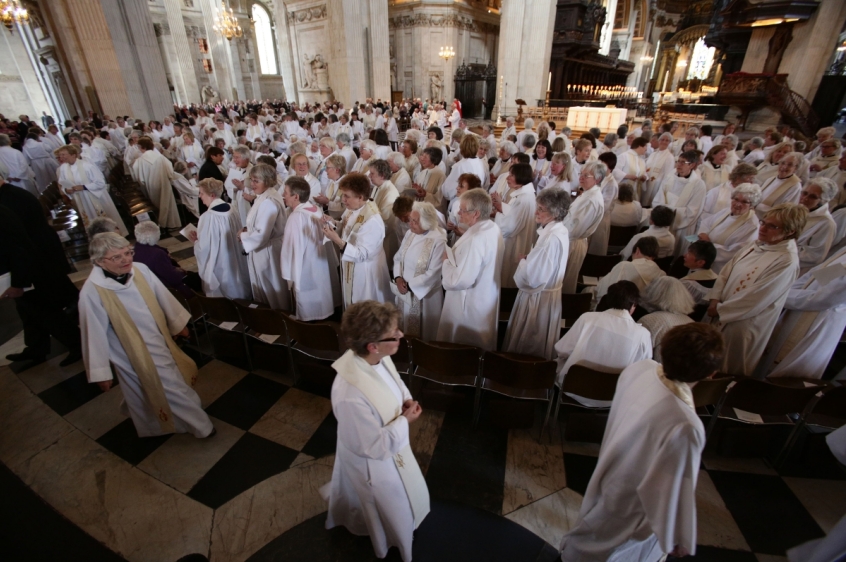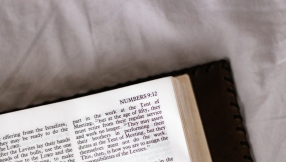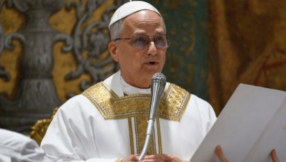
Clergy in the Church of England are to be allowed to "defrock" themselves after moves to liberalise the law on vestments were approved.
The General Synod meeting in York backed a proposal to allow clergy to "dress down" at services and exchange the robes and other vestments worn at Morning and Evening Prayer and Holy Communion for more casual clothing.
Already, many clergy, especially evangelicals and some liberals, eschew clerical collars and other more formal clerical outfits for plain trousers and shirts, with or without ties, especially at non-eucharistic services. But technically, they are currently in breach of Canon law.
The Rev Christopher Hobbs, from the London Diocese, whose private member's motion calling for draft legislation to be drawn up was approved by the synod, insisted it was not a "charter for shell suits, or jaffa cakes and coke". He said it would not remove from Canon law the requirement for clergy to be dressed "as a sign and mark of holy calling and ministry".
He said the wearing of robes was a long tradition, and he was merely suggesting that where a bishop and church council agreed, robes need not be worn.
Such service might include a "fresh expression" of church in a school or cafe, a small, intimate meeting on a stifling summer night, or because the clergy person feels robes are a barrier in communicating the gospel.
Currently, Canon Law prescribes a surplice or alp with scarf or stole at Holy Communion, morning and evening prayer.
Mr Hobbs told the synod: "It makes no difference if it is cafe style in a pub, outside in a field, in a hotel lounge or lobby. Surplice and Alb is required, with scarf or stole."
He added: "There are some contexts where robes should be worn and some contexts where robes may not help in conveying the things we want them to convey. Sometimes they help the mission of the Church, in some contexts they may hinder the mission of the Church."
Samuel Follett, from the St Albans Diocese, said robes could in some cases convey a sense of separateness and set-apartness.
He said: "The original intention of robing was something to do with removing clothing which would identify a clergy person as being of a particular class or social status, it was about breaking down barriers that could stop worshippers from feeling able to address or approach the priest."
In many contexts, he said, vestments actually communicate separateness and set-apartness in a negative sense.
Philip McDonough, a lay reader from St Albans, opposed the move. He said: "When I was a child my mother used to say to me 'If I have taken the time to prepare a meal, surely you can take the time to prepare to eat it by washing your hands and eating with a clean face'."
He added: "Not to use robes I think is slovenly and casual and it is a slippery route that we are sliding down."
Dr Rowan Williams, a chaplain at York University, warned that young people attach a "huge amount of meaning" to what they wear. "If religious vestments are a barrier to mission, we are wearing them wrongly," he said. "We don't need to get rid of them, we need to consider what the symbols are."
The Archbishop of York, Dr John Sentamu, said that while fresh expression services have grown, and are often led by clerics in jeans, so too have attendances at cathedrals, where services are highly traditional. The Archbishop of York cut up his dog collar in 2007 live on TV and said he would not replace it until Zimbabwean president Robert Mugabe is out of office.
He said: "As someone who has already cut up his dog collar... the truth is this: the canon is already very, very permissive. So when you are amending it from mandatory to occasional, look carefully at what it is you are amending."













